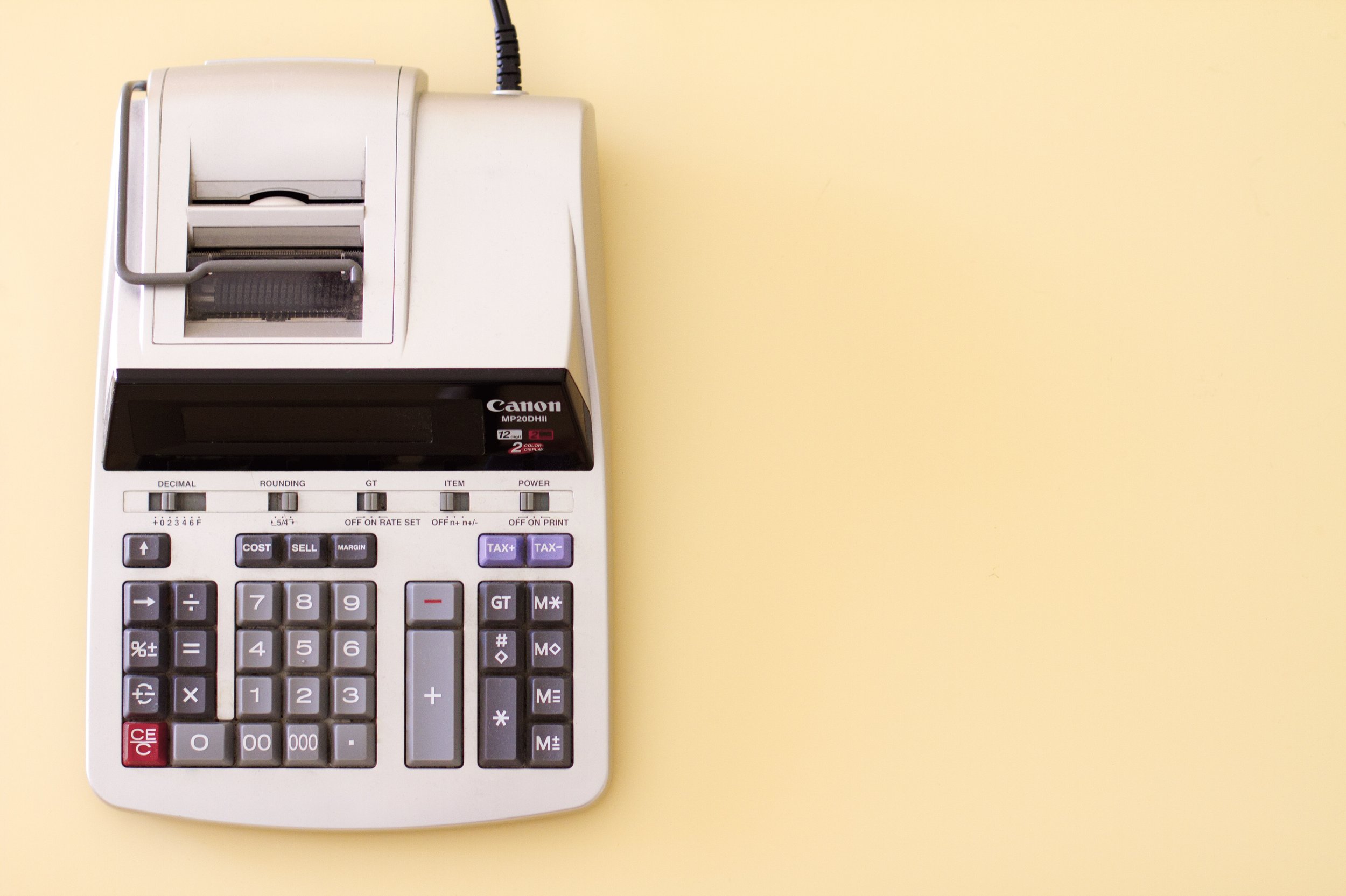How to Be a Real Estate Investor without Being a Landlord
Most investors don’t buy real estate to give themselves a second job.
But that’s often what ends up happening.
However, did you know that you still have options if you’re uninterested or unable to run the day to day of your property?
That’s right - here are 6 ways to be a real estate investor without being a landlord.
Crowdfunding
Crowdfunding sources capital from all over the world for various types of commercial real estate investments.
As a potential investor, you basically get to shop through different types of commercial properties, deal structures, projected returns, timelines, and more.
Real estate crowdfunding gives you the opportunity to invest from your laptop without being accredited.
2. Real Estate ETFs
Real estate ETFs are typically a compilation of stocks from various REITs.
You get the risk diversification of investing in multiple different REITs, all with different property types and investment strategies, while having the liquidity of a stock.
Just like crowdfunding, you can invest and manage your portfolio from anywhere.
3. Real Estate Investment Trusts (REITs)
REITs own or finance various types of real estate.
Similar to ETFs and Mutual Funds, you’re not actually a property owner - you simply hold shares of that company.
They’re also a phenomenal way to diversify your risk since they often hold assets with different types, classes, and locations.
4. Real Estate Mutual Funds
Real estate focused mutual funds are similar to ETFs in the sense that they can purchase stock in REITs, real estate related ventures, or both.
They are a lower-cost alternative to passive real estate investing for new and seasoned investors, alike.
They are also fairly liquid, compared to other real estate investments.
5. Real Estate Notes
When real estate investors buy property with leverage, that debt is secured by a note.
Banks will sell these notes at major discounts (sometimes between 5% and 50% or more) because the mortgagee is non-performing.
You can either work out a payment plan with the property owner or foreclose and take control of the project yourself.
6. Hire a Property Manager
Maybe you already own commercial real estate and you’re looking for a way to free yourself from the day to day operations of the property.
If that’s the case, or if you just prefer to not have partners, hiring a property management company is the way to go.
They will oversee the project from tenant relations to tax returns, allowing you to step away.
About The Author:
Tyler Cauble, Founder & President of The Cauble Group, is a commercial real estate broker and investor based in East Nashville. He’s the best selling author of Open for Business: The Insider’s Guide to Leasing Commercial Real Estate and has focused his career on serving commercial real estate investors as a board member for the Real Estate Investors of Nashville.

![How to Be a Real Estate Investor without Being a Landlord [infographic]](https://images.squarespace-cdn.com/content/v1/5c115fec9d5abbba78a23c93/1592259646408-OP5FUAIFQ5DSB9D3FK8K/image-asset.jpeg)
![How to Be a Real Estate Investor Without Being a Landlord [Infographic]-01.jpg](https://images.squarespace-cdn.com/content/v1/5c115fec9d5abbba78a23c93/1591628294098-1C8Z9Y3TO1QNEHQP58EY/How+to+Be+a+Real+Estate+Investor+Without+Being+a+Landlord+%5BInfographic%5D-01.jpg)









If you're serious about real estate investing, it's time to look beyond those quaint single-family homes.
Bold statement? Absolutely. But stick with me here.
Now, don't get me wrong. Investing in a single-family home beats twiddling your thumbs on the sidelines of the real estate game. And yes, I'll even go out on a limb and say that residential real estate still outshines many other investment vehicles out there.
But that's not why we're here today, is it?
I'm about to lay out five reasons why commercial real estate should be your go-to play.